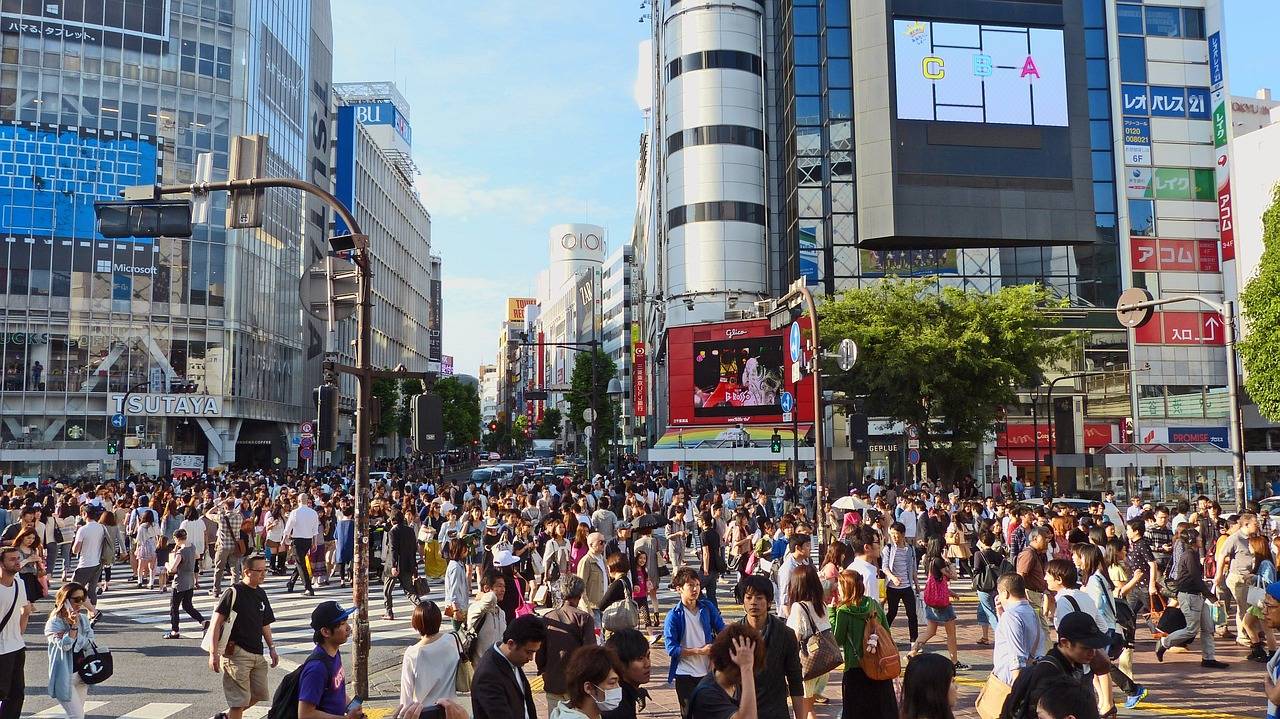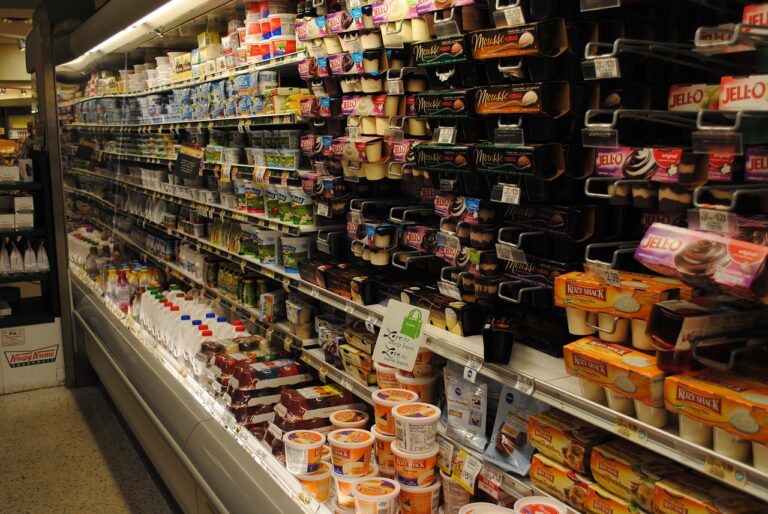Exploring the Future of Luxury Shopping: Exclusivity vs. Accessibility
Luxury brands have transformed over the years to cater to ever-changing consumer preferences and market demands. In the past, luxury was often associated with exclusivity and high prices, but today’s luxury brands are focusing more on accessibility and sustainability. This shift has pushed luxury companies to reevaluate their strategies and embrace a more inclusive approach to reach a broader audience.
Another significant evolution in the realm of luxury brands is the emphasis on digital presence and e-commerce. With the rise of technology and social media, luxury brands have had to adapt to the digital landscape to stay relevant and engage with their customers in new ways. Online platforms have become crucial for luxury brands to showcase their products, connect with global consumers, and create immersive brand experiences that transcend physical boundaries.
The Impact of Technology on Luxury Shopping
Luxury shopping experiences have been significantly transformed with the integration of technology. The advent of online platforms and mobile applications has revolutionized how consumers interact with luxury brands. Now, customers have the convenience of browsing through high-end products and making purchases with just a few clicks, all from the comfort of their own homes. This shift towards digital shopping has not only enhanced accessibility but also opened up new avenues for luxury brands to engage with their clientele on a more personalized level.
Additionally, technology has enabled luxury brands to collect vast amounts of data on consumer preferences and behavior. By leveraging advanced analytics and artificial intelligence, companies can gain valuable insights into customer trends and tailor their offerings to meet the evolving demands of the market. This data-driven approach allows luxury brands to create targeted marketing campaigns and offer personalized recommendations, enhancing the overall shopping experience for their discerning clientele.
Evolving Consumer Behavior in Luxury Markets
Consumer behavior in luxury markets has been undergoing significant transformations in recent years. With the rise of social media influencers and digital marketing, consumers are now more informed and empowered than ever before. The accessibility of information has made customers more discerning and selective in their purchasing decisions, driving luxury brands to adapt their strategies to meet evolving demands.
Furthermore, there has been a notable shift towards experiential luxury among consumers. Rather than solely focusing on owning luxury products, customers are increasingly seeking out unique experiences and personalized services from luxury brands. This change in consumer behavior has prompted many luxury companies to enhance their customer experience by offering exclusive events, bespoke services, and one-of-a-kind opportunities to engage with their brand.






